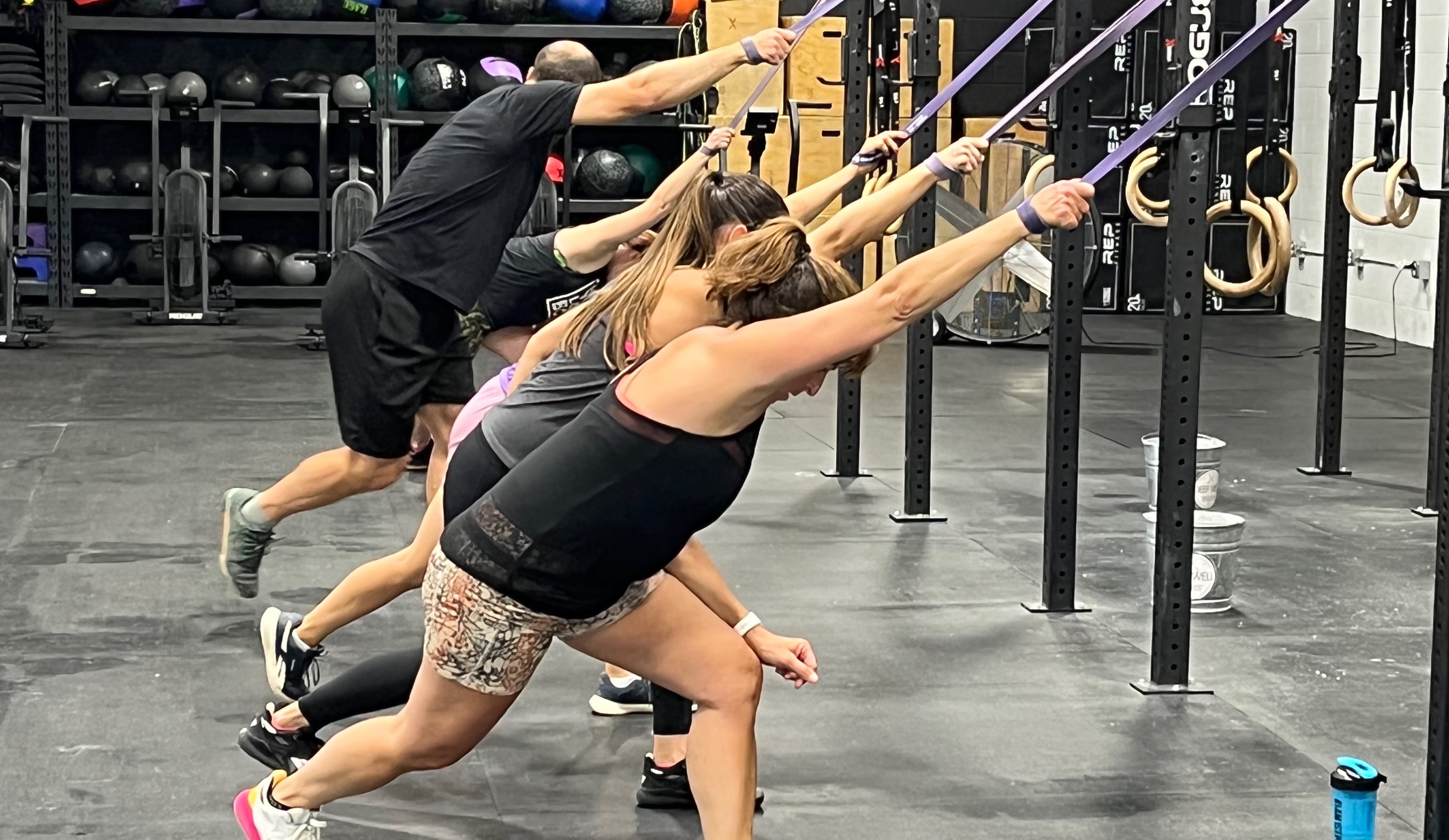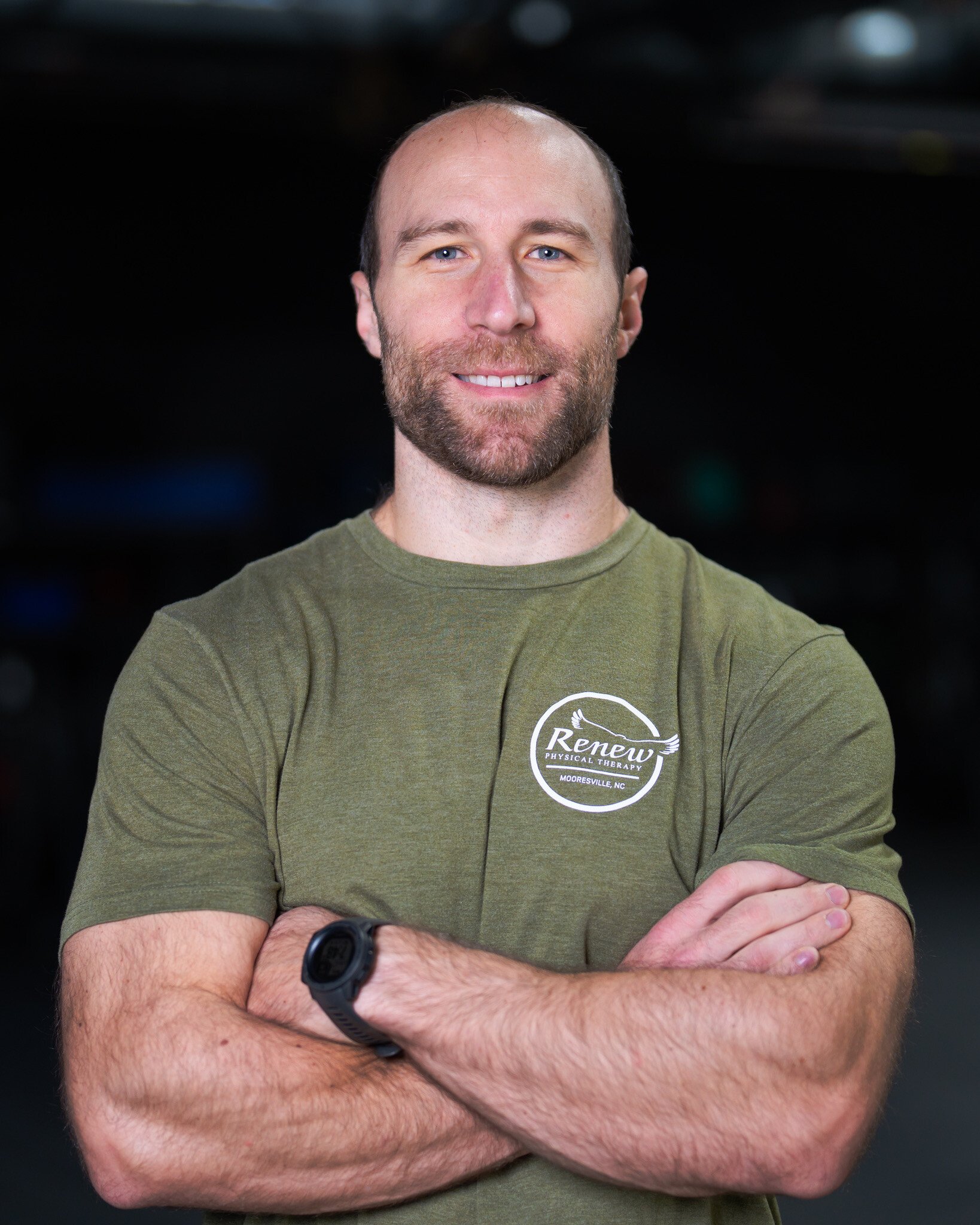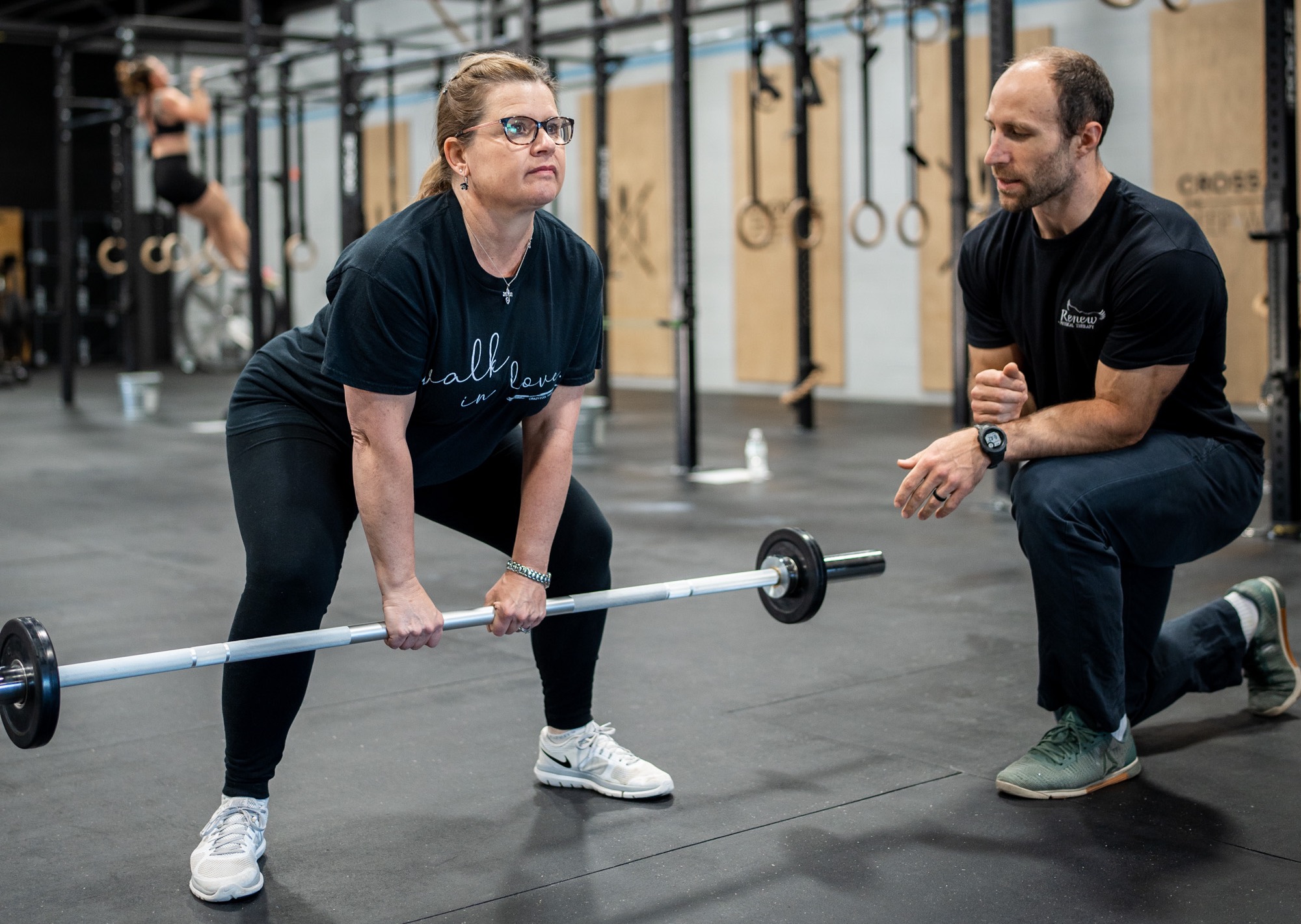Do standards really matter?
Training Theory: Part 2
"But I just want a good workout"
“But I just want to get a good workout”. It’s a phrase we have all heard as coaches. I hate to admit, I have said “Well, if you would rather just get a good sweat in…” Either way, this is said right before we cheat the standards of a movement in order to get our heart rate a few beats higher. We don’t want to take the time to develop the fundamental skills but standards do three very important things.
1. They give freedom not restriction.
2. They speed up results from your training, not slow it.
3. They create safe training, not cause injuries.
Anytime, someone says “hey you should do something this way,” there is a part of us that tightens up. Nobody likes being told what to do and they especially dislike being told they did something wrong. When a coach or therapist says “I want you to try and go a little deeper” or says “almost there but change this” it can feel like a gut punch. As bad as it feels to be corrected, there is a worse enslaver that will ruin the joy of training. That is your feelings. Without standards such as squat depth, distance run, completed lift, goals scored, etc. all we are left with is how we feel things went. Using hindsight to be the judge reveals that is a terrible standard. There are way too many external factors outside the gym that can affect your emotion from day to day. Emotions without standards will leave you drained from the highs and lows that are inevitable in life. So, point one is to place minimal stock in how you feel during a workout and instead trust the metrics that are worth measuring such as reps, time, distance, and work completed. These metrics can free you from your day to day emotion. Now, in order to see that progress, you have to be following the standards of the movement from the very beginning.
Especially early in the training process, it can feel incredibly slow to continually work the fundamentals. You see everyone around you seemingly adding tons of weight, performing higher levels of the workout and setting all sorts of PR’s and you want to join in on the fun. I get it. The problem is, any benefit gained by shortcuts on the standards, will in the long run delay your progress. The fastest way to improve your performance is being relentless with the fundamentals before adding weight, volume or distance. I can speak from experience in that despite getting stronger, my Jerk max has been the same for the past 2-3 years because I don’t spend as much time as I should working my overhead mobility. Focusing on fundamentals early may slow that progress curve early on but if you take the time to reinforce sound movement your growth following will be exponential instead of plateauing.
In addition to increasing the speed of progress, it ensures safe training. One of the most common phrases I hear is, “I don’t do that anymore, that movement hurts my ____”. It’s then extremely difficult to reframe the thinking of that individual to help them realize it’s not the movement that is hurting them. It’s doing the movement repeatedly improperly or too early in the training process that hurts them. This is a tough one and why there is such a benefit to having an external set of eyes during your training. What we think we look like and what we actually look like can be very, very different. It can be difficult to self diagnose when things went wrong.
If you are thinking “yeah but I don’t need to be a world class power/olympic lifter” or “I don’t care how heavy I lift, I’ve got nothing to prove” the next post is for you. If you want that extra set of eyes to make sure that movement is as clean as possible or to identify a fault that may be causing a problem, don’t hesitate to reach out!





